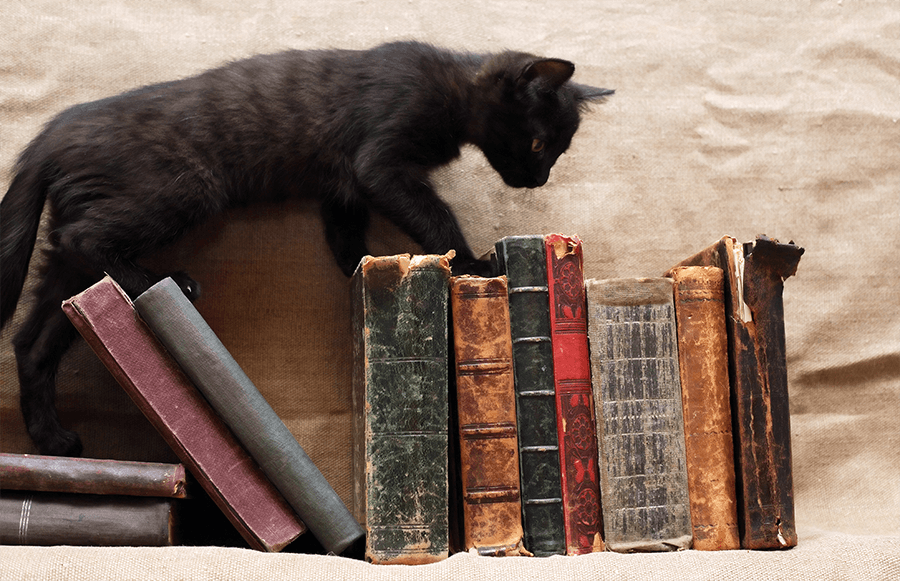
Superstition has long played a powerful role in storytelling across cultures. These beliefs, often tied to folklore, religion, or ancient traditions, offer rich symbolic layers that deepen a narrative. Superstition usually serves as a source of tension, mystery, or moral lessons in stories, allowing writers to explore fear, fate, and the unknown.
1. Building Atmosphere and Suspense
Superstitions often inject a sense of foreboding or mystery into a story. Whether it’s a black cat crossing someone’s path or a cursed object, superstition can immediately set the tone for unease. Horror and thriller genres frequently use superstition to keep readers or viewers on edge, heightening the tension by playing on familiar fears of bad luck, curses, or divine punishment. Even in non-horror genres, superstition can add an air of uncertainty, making it a subtle tool for building atmosphere.
2. Creating Conflict
Superstition can also be a source of conflict between characters or communities. For example, in a story set in a small village, one character may fiercely believe in superstitions that another dismisses as nonsense. This clash of belief systems can drive dramatic tension, illustrating the broader theme of rationality vs. faith. In historical or cultural settings, superstitions might also lead to scapegoating, misunderstandings, or even violence, pushing the plot forward in intense ways.
3. Deepening Character Development
Superstitions reveal a lot about a character’s internal world. How a character responds to superstitions—whether they cling to them or reject them—can highlight their deepest fears, desires, and insecurities. A character who is highly superstitious might be governed by anxiety and an obsession with control, while another who dismisses these beliefs may embody a more pragmatic or rebellious nature. By weaving superstition into the personal choices and motivations of characters, authors can give depth to their actions and emotional responses.
4. Tapping Into Cultural Identity
Superstitions are often tied to a community’s cultural identity and shared history. They represent deeply ingrained belief systems passed down through generations, giving stories authenticity and cultural resonance. By incorporating local or regional superstitions, authors can ground their stories in a specific time or place, making the narrative richer and more immersive. From ancient Greek omens to Chinese good luck charms, superstitions offer a window into a culture’s values and fears, making them a valuable tool for world-building.
5. Exploring the Supernatural
Superstition blurs the line between the natural and the supernatural. Many superstitions arise from attempts to explain the inexplicable—bad weather, illness, or death—through supernatural means. When writers incorporate these beliefs into their stories, they can seamlessly introduce otherworldly elements like ghosts, curses, or gods. In fantasy or magical realism genres, superstition can become the gateway through which the supernatural enters the world, connecting the everyday with the magical.
6. Moral Lessons and Warnings
Throughout history, many superstitions have served as moral lessons or cautionary tales. In stories, they can function in the same way, teaching characters and readers lessons about the consequences of certain actions. For example, ignoring a warning tied to superstition might lead a character down a path of tragedy or misfortune. These narrative arcs tap into the human desire for explanation and order, with superstition serving as a tool for delivering both moral and narrative closure.
The Enduring Power of Superstition
Superstitions have a timeless place in storytelling, offering a versatile way to build atmosphere, develop characters, and explore deep cultural and psychological themes. Whether used to provoke fear, create conflict, or tap into the mystical, superstition provides a rich tapestry of elements that continue to resonate with readers and audiences alike. Through superstition, stories connect the rational with the irrational, the known with the unknown, making them endlessly compelling.
